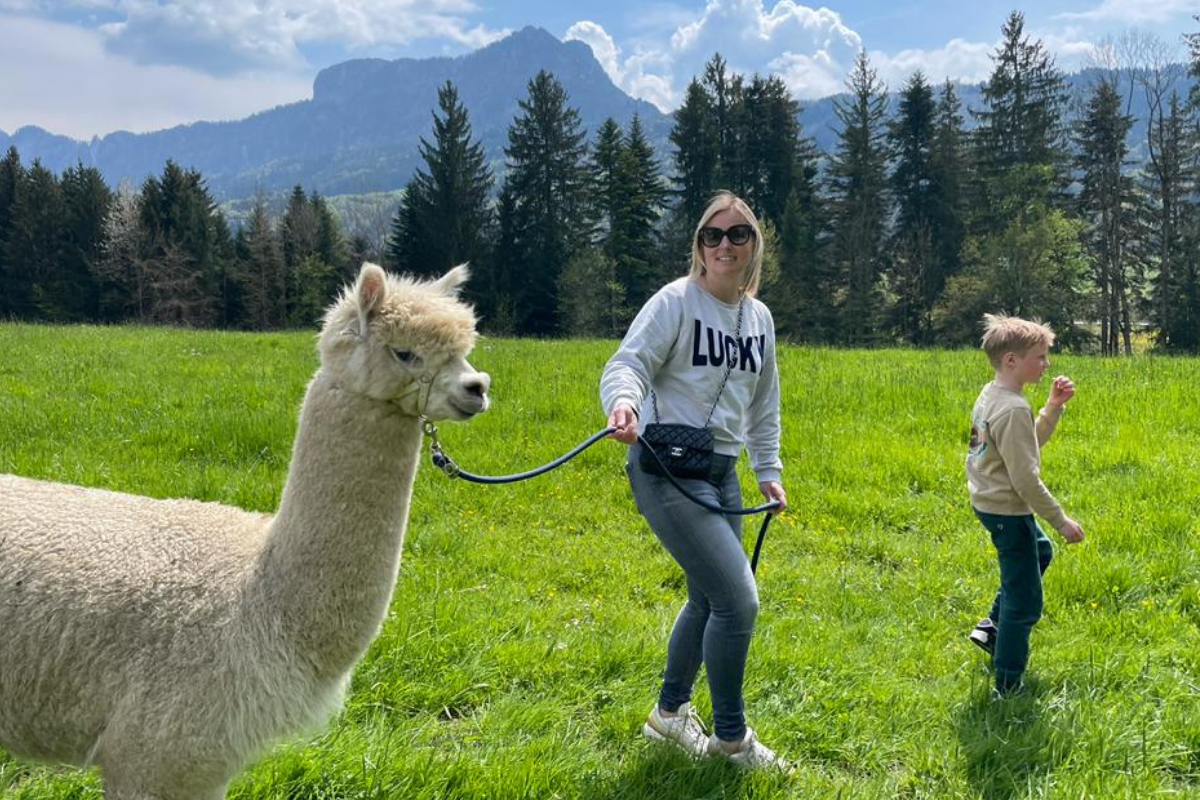Technological singularity: ‘we will be obsolete in seven years’ time
If the trends continue, around 2028 an AI will be better at translating texts than a human. Does the technological singularity mean the beginning of the end for our work?
Contents
Less and less difference between texts by humans and texts by an AI
Translated, an international translation and copywriting agency, has texts written by both humans and artificial intelligence. They kept track of how much time it took to correct the texts. In technical jargon, the Time To Edit (TTE). Usually, for texts translated by professional interpreters, this takes an average of 1 second per word. Texts translated by artificial intelligence are of poorer quality and require a TTE of a few seconds per word to correct them. In 2017 three seconds per word.
Now Translated’s analysts found a remarkable trend towards the end of 2022, see the image above. The time it takes to correct artificial intelligence translations is decreasing. At the end of 2022, this was around 2.0 seconds per word. If you continue the line, this means that around 2027 this time is equal to the time for specialized human translators: 1 second. If you consider that we humans communicate with language, this means that in five years from now, an artificial intelligence can replace professionals. The technological singularity?
The difference between specialist and general artificial intelligence
Artificial intelligence has already succeeded in surpassing humans in other areas, but these were very specialized. Like math, a little after World War II (if we don’t count the age-old slide rule).
Chess, 1997.
2011, the knowledge quiz Jeopardy.
2016, Go.
And last year, Diplomacy and Stratego.
Building these AIs required months of specialist tweaking. DeepBlue, the supercomputer that beat chess champion Garry Kasparov, could only play chess. AlphaGo can only play go. The difference now is that ChatGPT, just like people, can do several things at the same time, and does not have to be programmed per job. For example, you can have GPT-3.5, the AI behind ChatGPT, write working programs, convert rude e-mails into polite language and write a Sinterklaas poem. As a result, the term technological singularity is increasingly used. What is that exactly?
Super intelligence: An AI that is smarter than a human
This is called AGI in AI circles, “artificial general intelligence”. AI is then about as smart as a human. Because people remain about as smart, but technology continues to develop, artificial superintelligence (ASI) will arrive at a certain point, a few years after this point.

Technological singularity
An ASI is an AI that can do everything a human can do, but better and faster, plus things we can’t imagine because we’re not intelligent enough for that. We have made ourselves redundant.
Many futurologists call this point the technological singularity. After all, we cannot predict how intelligences larger than a human will behave. No more than an ant understands what we are doing. That makes this a pretty dangerous development. That is also exactly the reason why Google, whose own AI Lambda is much better than ChatGPT, is so careful.
How will my job turn out after the technological singularity?
Is there still work for us in the future? You can look at this in an optimistic and a pessimistic way. The pessimistic view is that at some point computers will be able to do everything we can do, so there will be nothing left for us to do. That means either a basic income or a killer AI like in the Terminator series.
The optimistic view is that artificial intelligence and other technological developments can bring enormous changes. Any change means: work. The replacement of landline telephones by the Internet meant that cable-laying companies and installers, often retrained PTT technicians, could no longer cope with the work.
The same goes for the technological singularity. We humans will still be needed for the time being to tie up loose ends, which great geniuses cannot foresee. And artificial intelligence is of course also “enabling”: thanks to artificial intelligence we can do things that we couldn’t do before.
So keep your eyes peeled, fasten your seat belt, and prepare for rapid changes in the next few years. In many ways, these will be the most exciting years since the dawn of man. Here at Apparata we will, as always, follow developments closely.


